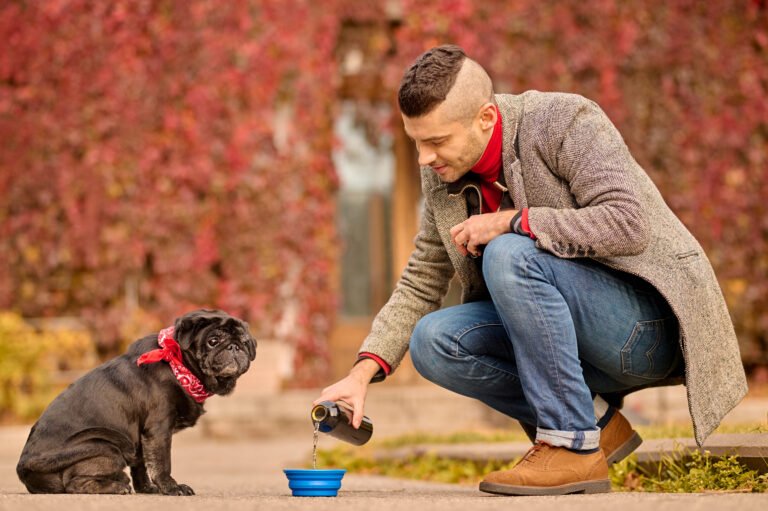Introduction: escort alligator safety tips
Alligators are among the most powerful reptiles in the world, admired for their strength and feared for their unpredictability. Found mainly in freshwater swamps, rivers, and marshes, these creatures play a vital role in maintaining wetland ecosystems. But while they are fascinating to watch, they can also be dangerous if humans get too close.
Whether you live near an alligator habitat, are out for a nature tour, or work in wildlife management, learning about alligator safety is essential. The term “escort alligator safety tips” often refers to precautions and professional practices used when escorting or relocating alligators—or simply ensuring people remain safe in alligator-prone environments.
This article will guide you through key safety tips, helping you respect alligators while keeping yourself, your family, and your pets safe.
Understanding Alligator Behavior
To stay safe, it’s important to understand how alligators behave:
- Activity Patterns: Alligators are most active during dawn and dusk, especially in warmer months.
- Speed and Power: Despite their bulky appearance, they can run short distances on land at surprising speeds and are excellent swimmers.
- Territorial Nature: Alligators defend their territory, particularly during mating season. Females guarding nests are especially aggressive.
- Diet and Instincts: Alligators are opportunistic feeders. Small pets, fish, and birds are natural prey, which makes keeping distance critical.
Knowing these behaviors can help predict when and where an alligator might pose a threat.
Escort Alligator Safety Tips
1. Maintain a Safe Distance
The golden rule is never approach an alligator. Stay at least 60–70 feet (20 meters) away. Alligators may appear slow, but they can launch themselves out of water with surprising speed. A safe distance minimizes risk and keeps the animal undisturbed.
2. Never Feed Alligators
Feeding alligators is illegal in many regions and for good reason. When fed by humans, alligators lose their natural fear and start associating people with food. This dramatically increases the risk of attacks near residential or tourist areas.
3. Stay Alert Near Water
Most alligator-related incidents occur near the edges of lakes, ponds, and rivers. Follow these precautions:
- Avoid swimming in waters where alligators are known to live, especially at night.
- Do not walk pets close to the shoreline. Pets are small and resemble prey to an alligator.
- Avoid tall grass and overgrown areas near water bodies where alligators may be hiding.
4. Follow Professional Escort Guidelines
If an alligator needs to be removed or escorted, only trained wildlife professionals should handle the situation. They use specialized equipment such as ropes, poles, and cages. Attempting to move or “escort” an alligator without training is extremely risky and often leads to injury or death. If you see an alligator in an unsafe place, call your local wildlife authority rather than handling it yourself.
5. Protect Children and Pets
Alligators are drawn to small, fast-moving animals. For this reason:
- Always supervise children near water in alligator-prone areas.
- Keep pets on a leash and away from shorelines.
- Do not allow children to feed ducks, fish, or other animals near water since food can attract alligators.
6. Know What to Do if Approached
Although rare, close encounters can happen. Here’s what to do:
- Back away slowly. Do not turn your back or run in panic. Calmly increase your distance.
- Don’t fall for myths. Running in zig-zag patterns is unnecessary. A straight run away from the alligator is more effective.
- If attacked, fight back. Target the eyes and snout, the most sensitive areas. Making noise and striking can sometimes cause the alligator to retreat.
Environmental Respect and Coexistence
While safety is the priority, it’s also important to remember that alligators are not villains—they are an essential part of nature. They regulate populations of fish and other animals, ensuring the ecosystem remains balanced. Removing or killing them unnecessarily disrupts this natural harmony.
By respecting their space and following safety practices, humans and alligators can coexist peacefully. Awareness programs and strict wildlife laws exist to protect both people and animals. Supporting these efforts helps maintain a safe environment for all.
Conclusion
Escorting or encountering an alligator requires caution, awareness, and respect. These powerful reptiles are not to be taken lightly, but they are also not mindless predators. By understanding their behavior and following safety tips—maintaining distance, never feeding them, staying alert near water, and leaving relocation to professionals—you can prevent accidents and promote coexistence.
Whether you are a tourist visiting wetlands, a resident living near a river, or a professional working with wildlife, remember: safety first, for you and the alligator. Respect their role in the ecosystem, and they will remain a fascinating but safe part of our natural world.






